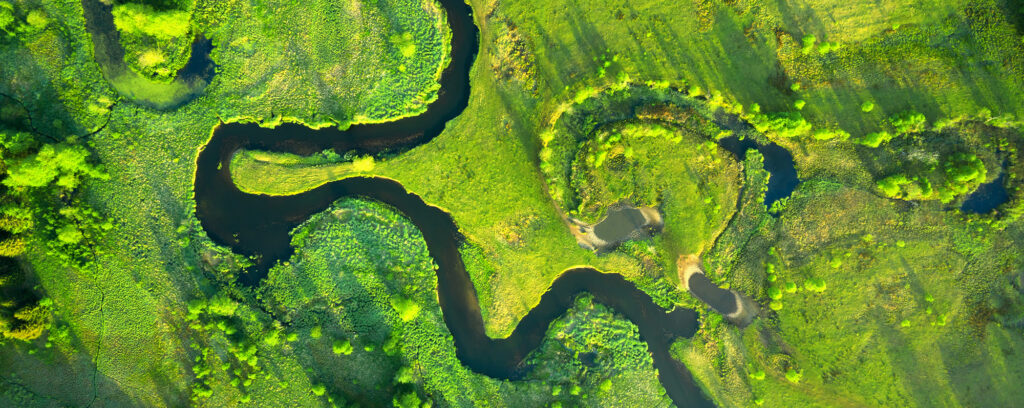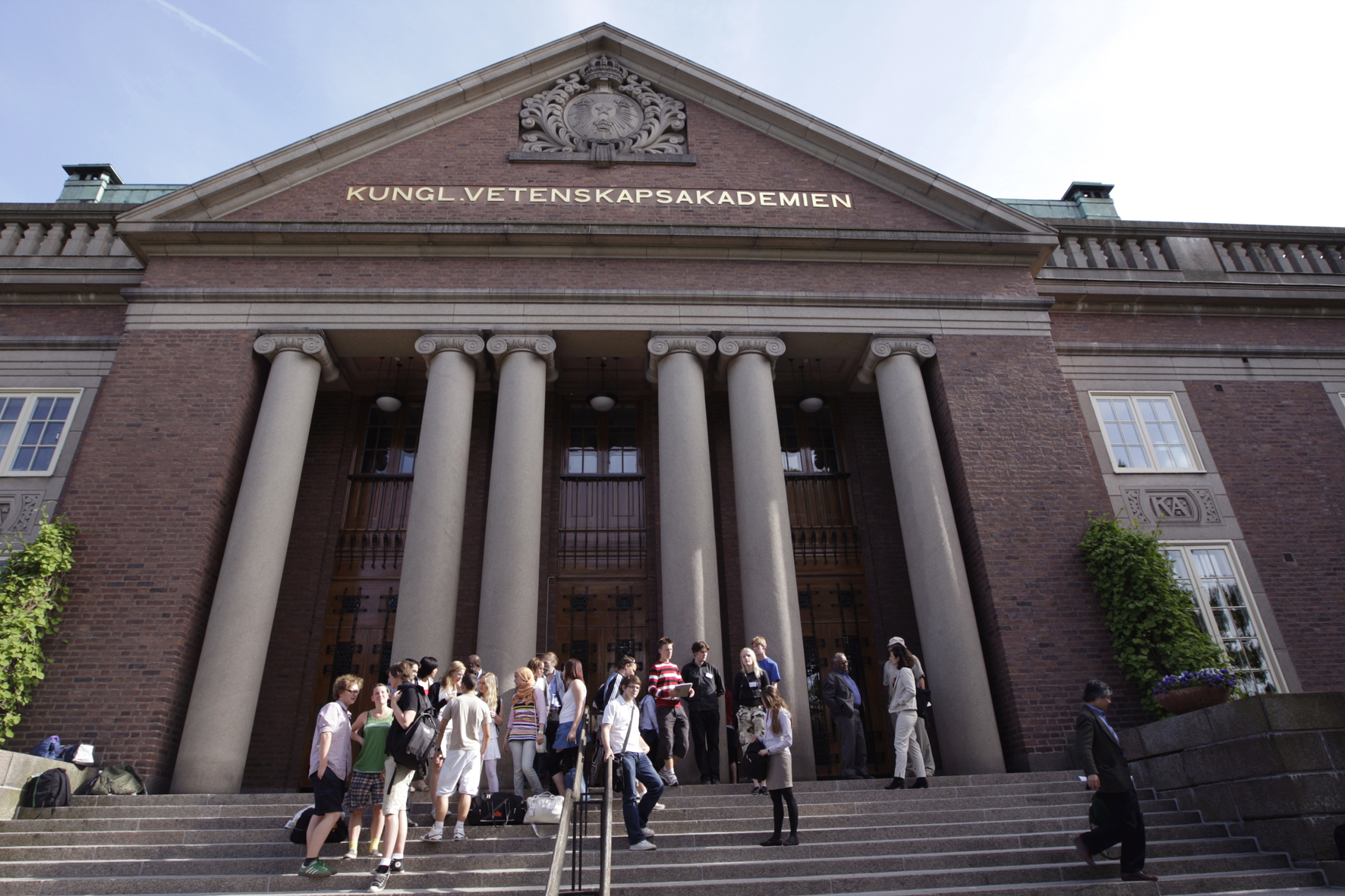The Anthropocene Laboratory is a new programme at the Academy, that started in 2023. The aim is to develop scientific understanding and synthesis of the Anthropocene biosphere, by working across the sciences and the humanities, engage with actors outside of academia to stimulate change, and help foster a new generation of transdisciplinary sustainability scientists. The laboratory is hiring multiple staff to achieve these functions. Located in Stockholm, Sweden, the laboratory will consist of researchers and facilitators, with a director reporting to the Secretary General of the Academy, guided by a Scientific Committee.

The laboratory intends to build and recruit a dynamic, diverse and collaborative team with an ability to work across scientific disciplines and between science and practice. One of its main functions will be to bring together international scholars that combine disciplinary perspectives and diverse skills, tools, and competencies for a more holistic understanding of the Anthropocene biosphere, our home on planet Earth, thereby exploring challenges and opportunities of advancing science for sustainability in an era of increased interconnectivity, social-ecological turbulence, and inequalities.
The laboratory will work closely with several Stockholm-based organizations engaged in sustainability, including the Stockholm Resilience Centre at Stockholm University, the Beijer Institute of Ecological Economics and the Global Economic Dynamics and the Biosphere Academy Program at the Royal Swedish Academy of Sciences.
We are looking for colleagues with an international and interdisciplinary interest, with documented experience in understanding and relating to the Anthropocene biosphere, and with a willingness to explore emergence in new scientific constellations. The laboratory strives to experiment, with the hope to discover new systemic interactions.
We are committed to diversity, equity, and representation – not because it looks good on paper but because it is essential for an ability to comprehend and engage with the Anthropocene.
We are recruiting a core team to develop the first phase of the laboratory (2023–2025). The laboratory’s working language is English, with all additional languages regarded as assets.
Post doc 1 and 2 – Full time position for two years
The positions
Post docs are the main scientific engines of the Anthropocene Laboratory. You will work closely with the Director, the Chair of the Scientific Committee, as well as advisors and mentors. Your main tasks will be to lead academic papers, based on ideas developed collaboratively in international workshops that you help organise. You will be offered an opportunity to co-design a range of activities (scientific synthesis, multi-stakeholder experiments, teaching, training, and public engagement with diverse stakeholders) supported by international, leading expertise from the natural and social sciences, and the humanities.
You have likely recently finished your academic degree in a sustainability-related field and are now interested in exploring the complexities of the Anthropocene biosphere. This post doc will accelerate your scientific career and will help you build capacities, knowledge and networks for a future with a leading academic institution, or elsewhere. We are specifically looking for post docs with an interest in one of two major topics:
- “The intertwined biosphere” – you will help develop an understanding of the many ways that people are part of, are shaped by, and shape the biosphere, the thin layer of life of which humans are part. You will primarily work with data and colleagues from the natural and social science to develop a comprehensive synthesis of the interconnected conditions for humanity and life on Earth.
- “The empirics of hope” – you will help develop an understanding of the ways that society has changed since the “Great acceleration” and explore human and social progress and innovation – across regions and systems. You will primarily work with data and colleagues from the social sciences and humanities to develop a comprehensive synthesis of positive change towards a sustainable future.
Your qualifications
You have a PhD and you are highly motivated. In your application, please specify which topic is of key interest, what ideas you would be especially keen to explore, and what skills and experience you can leverage towards it. Provide a description of why you consider yourself suitable for this position. We are interested to learn more about how you work in teams and your ability to work independently. Please provide examples of how you express curiosity and your capacity to innovate, while striving towards set goals.
In addition, please provide examples of the following expectations for this position: You communicate clearly and effectively – in writing and verbally. You have a demonstrated ability to work across academic disciplines and to facilitate dialogues and learning across knowledge systems. You enjoy data analysis as well as reading and writing scientific papers. You know what it takes to publish in leading scientific journals. Post docs will be evaluated after year 1 in relation to documented ability to lead scientific processes, effectively work in teams and willingness to cross scientific boundaries. Risk taking will be more essential than achieving traditional academic results, but the ability to advance scientific findings and insights into publications is key. Please let us know if you have specific connections to a discipline, method, place, region, institution, language, plant, animal, or system.
Application
We look forward to your application! In your application, please make sure to clearly specify which of the positions you are applying for.
Please submit your cover letter, CV and a maximum of two letters of recommendations to henrik.osterblom@kva.se.
Deadline for application: March 31, 2023
Intended starting date: May 1, 2023 (flexible)
Contact
Please contact Prof. Henrik Österblom henrik.osterblom@kva.se (Director of the Anthropocene Laboratory) or Prof. Carl Folke carl.folke@beijer.kva.se (Chair of the Scientific Committee) for further questions.
The Royal Swedish Academy of Sciences was founded in 1739 and is an independent organisation, whose overall objective is to promote the sciences and strengthen their influence in society. The Academy promotes science of the highest quality by fostering development and innovation in Swedish research. It enhances the status of science in society by drawing attention to key social issues and examining them in scientific terms, and joins in cooperation on global issues, with an aim of being an international scientific proponent of sustainable development.


